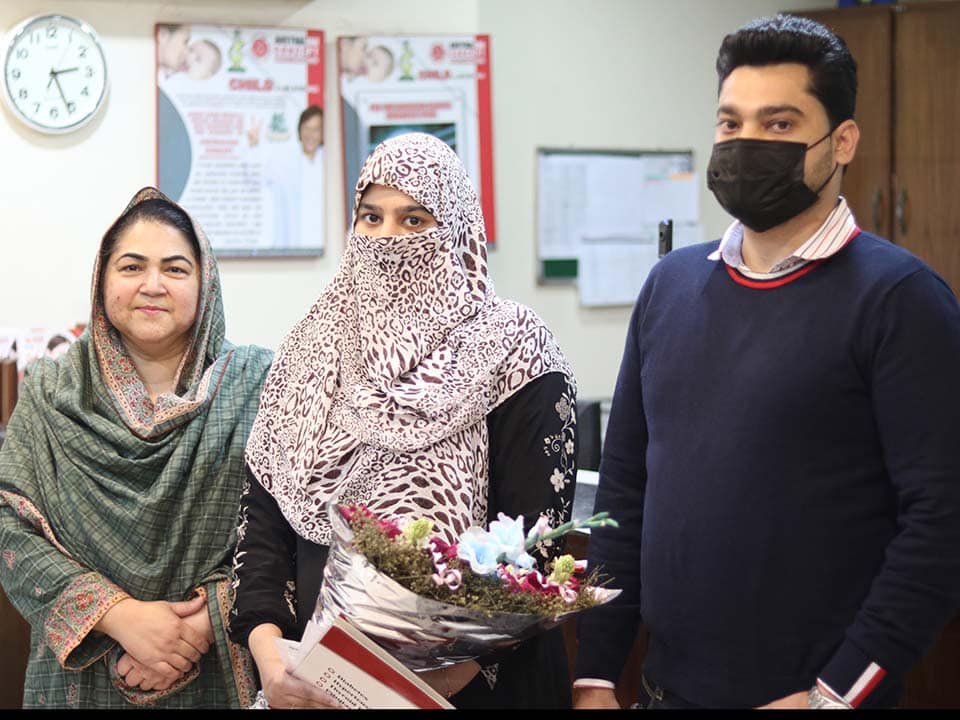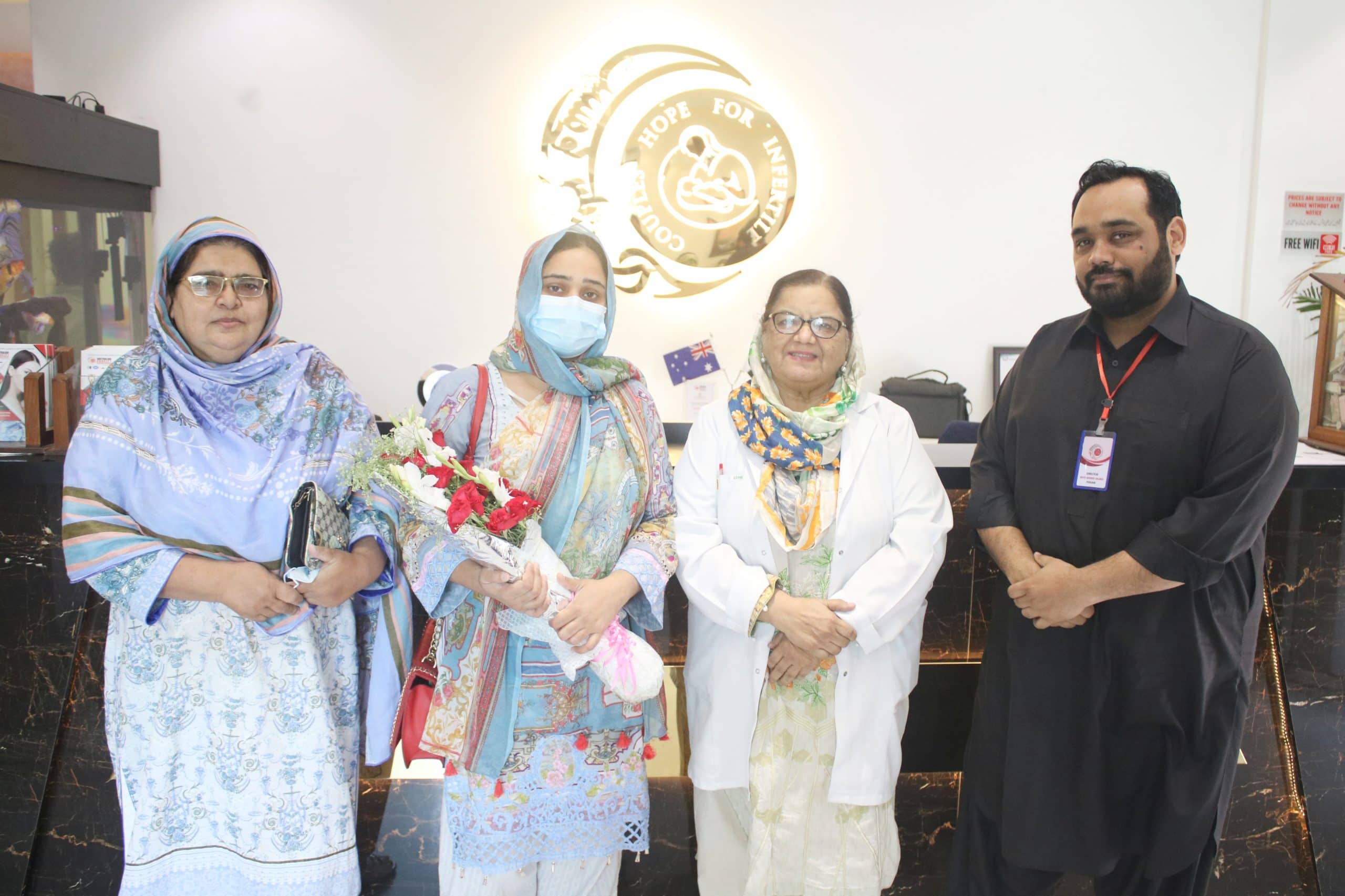Over the period of time, there has been a drastic increase in the rate of infertility. As of today, nearly 10 percent of the women population age group of 15-44 are facing difficulty in getting pregnant. Similarly, according to the WHO, more than 48 million couples are currently suffering from infertility worldwide. It has definitely become a common problem. Infertility is not limited to females only; males also suffer from infertility.
Common Causes due to Male Factor
Among the infertile couples, 30% of infertility is due to male factor which is usually overlooked in our society. There could be poor sperm motility, shape or count or any medical condition such as varicocele, spermatocele and any genetic disorder such as Klinefelter syndrome. Ignoring such issues has made an infertility even more common problem with most pressure on the female partner.
Common Causes due to Female Factor
Around 45% of infertility is due to female factor which could be due to any medical disease such as ovulatory problems, cervical problems, tubal defects, or uterine problem such as the presence of uterine tumor may cause repeated miscarriages. Most of the conditions are treatable and the fertility rate can be improved.
Addressing Infertility Issue
Addressing the infertility issue is important because it is the basic human being right to enjoy the best emotional and physical health, however, infertility negatively affects these human rights, therefore discussing such issues are considered an educative right of couples wishing to start a family. Infertility has deterring effects on couples especially on females where they may face stress, tantrums of in-laws, depression, divorce and even violence. Please read below the most common cause of infertility in females and males.
Challenges Forward
Among infertile couples, most of them require some sort of treatments especially individuals with a pre-existing medical condition such as thalassemia, HIV, HCV, or any cancerous condition. Lack of education and cultural norms are a significant hindrance for couples to attain fertility healthcare services.
The fear of infertility could possibly force men or women to avoid using contraception even when required in order to prove value of childbearing. Infertility and self-awareness campaigns are necessary especially in rural part of country to ensure the cause of infertility is not due to social pressures.
State Policies
Proper allocation of funds towards training healthcare professionals in public healthcare facilities plays vital role along with provision of necessary infrastructure and equipment for couples requiring interventions to resolve infertility problem. Access to quality care is still a distant dream in most countries due to high-cost medications required for such treatment.
As of today, more than 5 million children have been born through assisted reproductive technologies, but still such features are still inaccessible to various parts of the world due to poor governance. It is basic human right for every part of the world to have access to assisted reproduction technologies without any discrimination of color, race, or ethnicity.
Role of World Health Organization (WHO)
WHO has already recognized the negative impact of infertility on the physical and mental health of the couple. They are in process of ensuring the development of preventive guidelines along with diagnosis and treatment of infertility in both males and females by involving key stakeholders, UN organizations and the ministry of health in various countries. WHO is also involved in the research process to ensure the latest innovative treatment for infertility.
Conclusion:
Infertility has become a matter of concern among society specially in third world countries where lack of proper guidance and education is keeping the infertility rate higher than expected along with lack of support from governmental bodies to ensure easy access to treatment. It is important that healthcare professional voluntary help the society in such key education along with proper support from WHO.
30-Nov 2023 – Dr. Muhammad Omair Ansar







